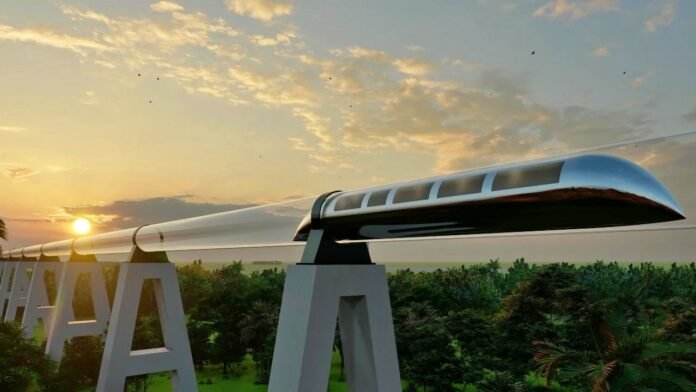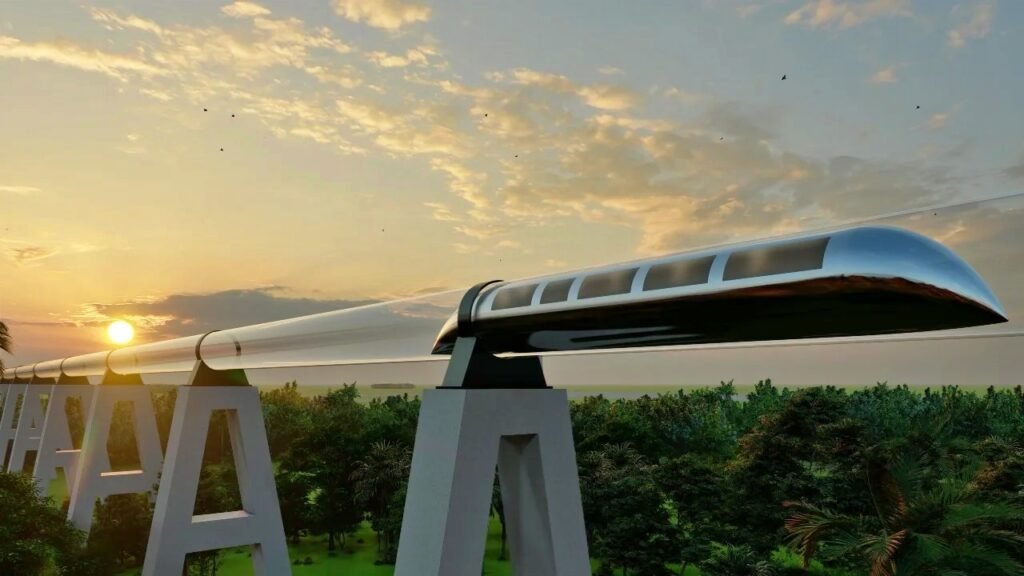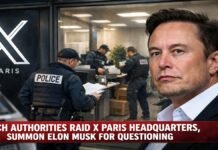
New Delhi: Hyperloop One, the company that aimed to revolutionize the transportation industry with its ambitious project of moving people and cargo at supersonic speeds inside vacuum tubes, has announced its closure. The company, which was founded in 2014 by a group of engineers inspired by Elon Musk’s vision of Hyperloop, could not overcome the technical and financial challenges that plagued its development.
Hyperloop One had envisioned a network of pods that would levitate and accelerate inside low-pressure tubes using magnetic propulsion and air compression. The company claimed that this system would enable travel at speeds of up to 760 miles per hour (1223 kilometers per hour), making it possible to cover the distance between Los Angeles and San Francisco in 30 minutes, or between New York and Washington DC in 15 minutes.
However, the company faced several hurdles in realizing its dreams, such as safety, regulation, cost, feasibility, and public acceptance. Some experts and scientists also doubted the viability of the project, calling it impossible or impractical. Despite raising over $500 million from investors, including Virgin Group’s Richard Branson and Dubai’s DP World, the company struggled to demonstrate its technology at scale.
The company conducted its first human test in 2020, but it only achieved a speed of 100 miles per hour (160 kilometers per hour) in a 500-meter-long tube. The company blamed the coronavirus pandemic for disrupting its operations and delaying its plans. In 2022, the company decided to focus on cargo transportation instead of passenger travel and reduced its staff to 100. However, this did not save the company from its inevitable fate.

According to sources, the company has decided to cease its operations by December 31, 2023, and sell its assets to other interested parties. The company has not issued any official statement on its closure, but its website and social media accounts have been inactive for months. The company’s demise marks the end of an era for one of the most hyped and futuristic projects of the 21st century.




















































